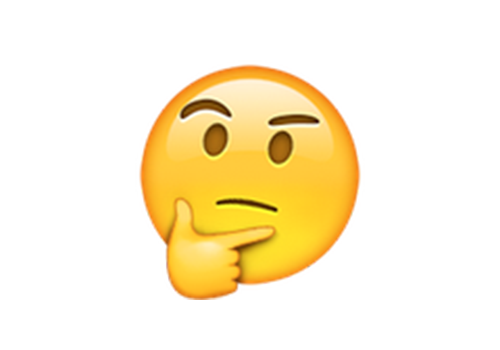Where the hell were you camping?
I'm in Vancouver, BC... plenty of Asians and other non-white people go camping and hiking around these parts.
I've never done the pretend that you don't speak unaccented fluent English before but I have thought of it... I think it would be a lot of fun! A good opportunity has yet to present itself to me.... Or, more accurately, I have yet to recognize a good opportunity.
I used to know a guy who had some fun with this. He was from Hong Kong, and, despite coming over here at the age of 10, his English was flawless and had no accent whatsoever, not even a British one (It's Hong Kong...) After he graduated with his teaching degree he manage to land himself a position teaching at a local high school. On Day 1 he introduces himself in front of the class, speaking with a heavy Cantonese accent. He could see the "aww shit, really?!" looks on the faces of some of his students - keep in mind that most of these students are not White, and about half of them are Asian, albeit Canadian born Asians. But slowly and gradually his fades away the Cantonese accent as he speaks... Different students pick up on it at different times and he told me that their WTF reactions were hilarious.


